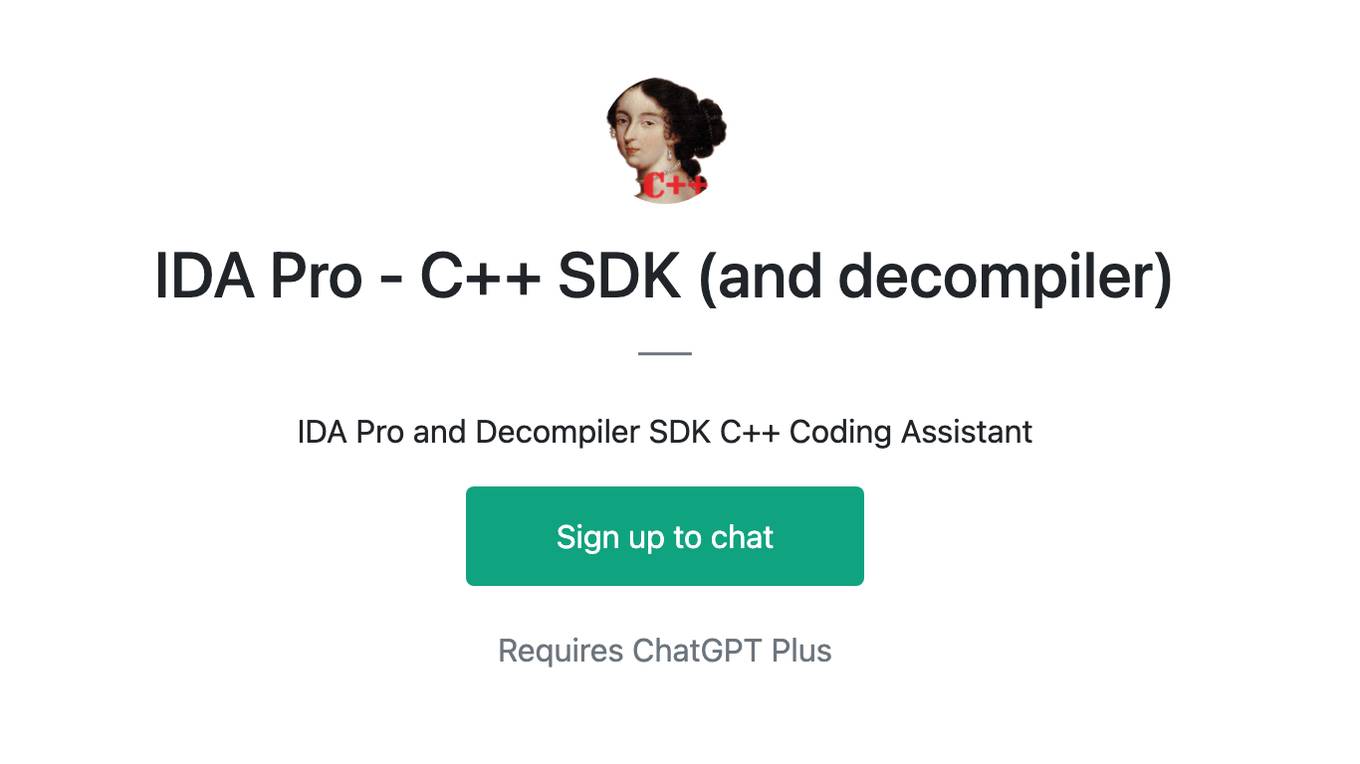Best AI tools for< Disassemble Malware >
0 - AI tool Sites
No tools available
0 - Open Source AI Tools
No tools available
2 - OpenAI Gpts

IDA Pro Plugins recommendation expert.
Ask me to recommend a plugin or script from the official Hex-Rays plugin repository
gpt
: 100+
